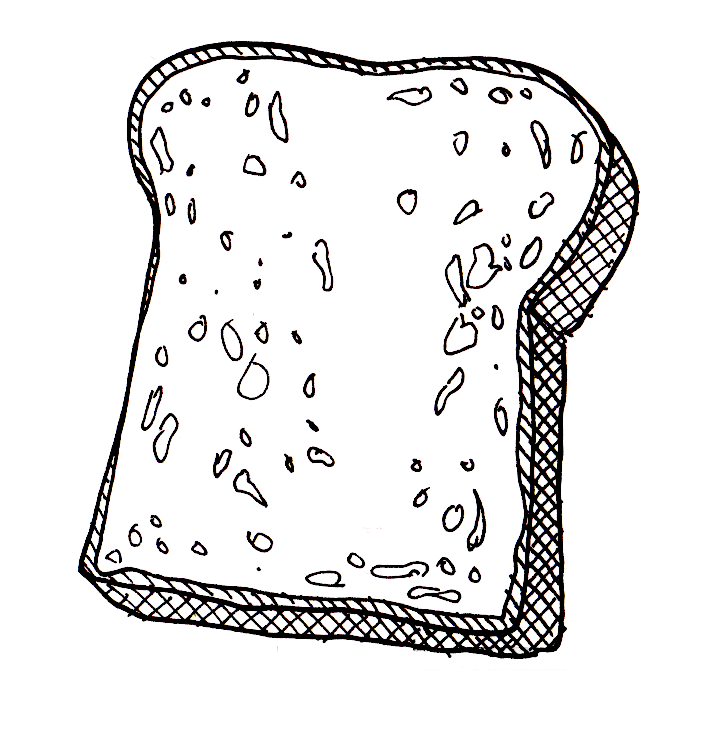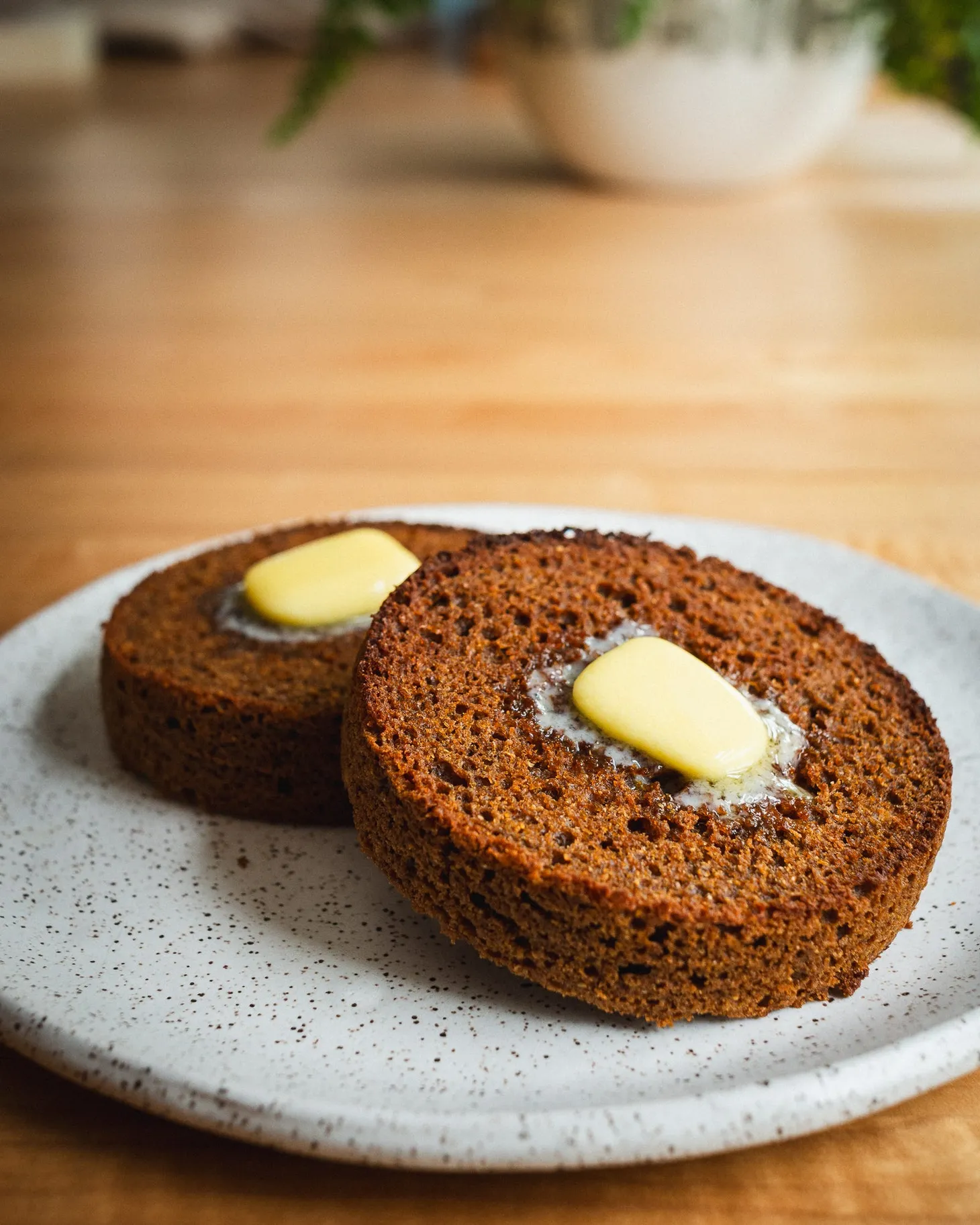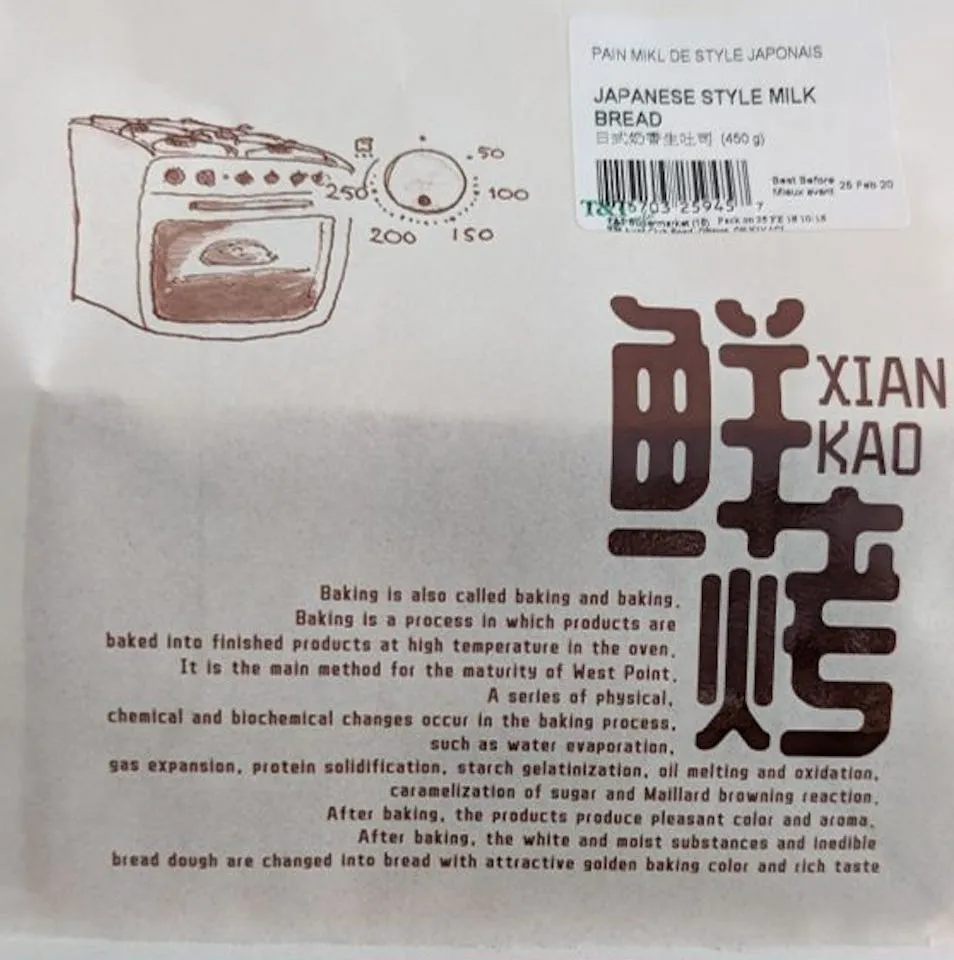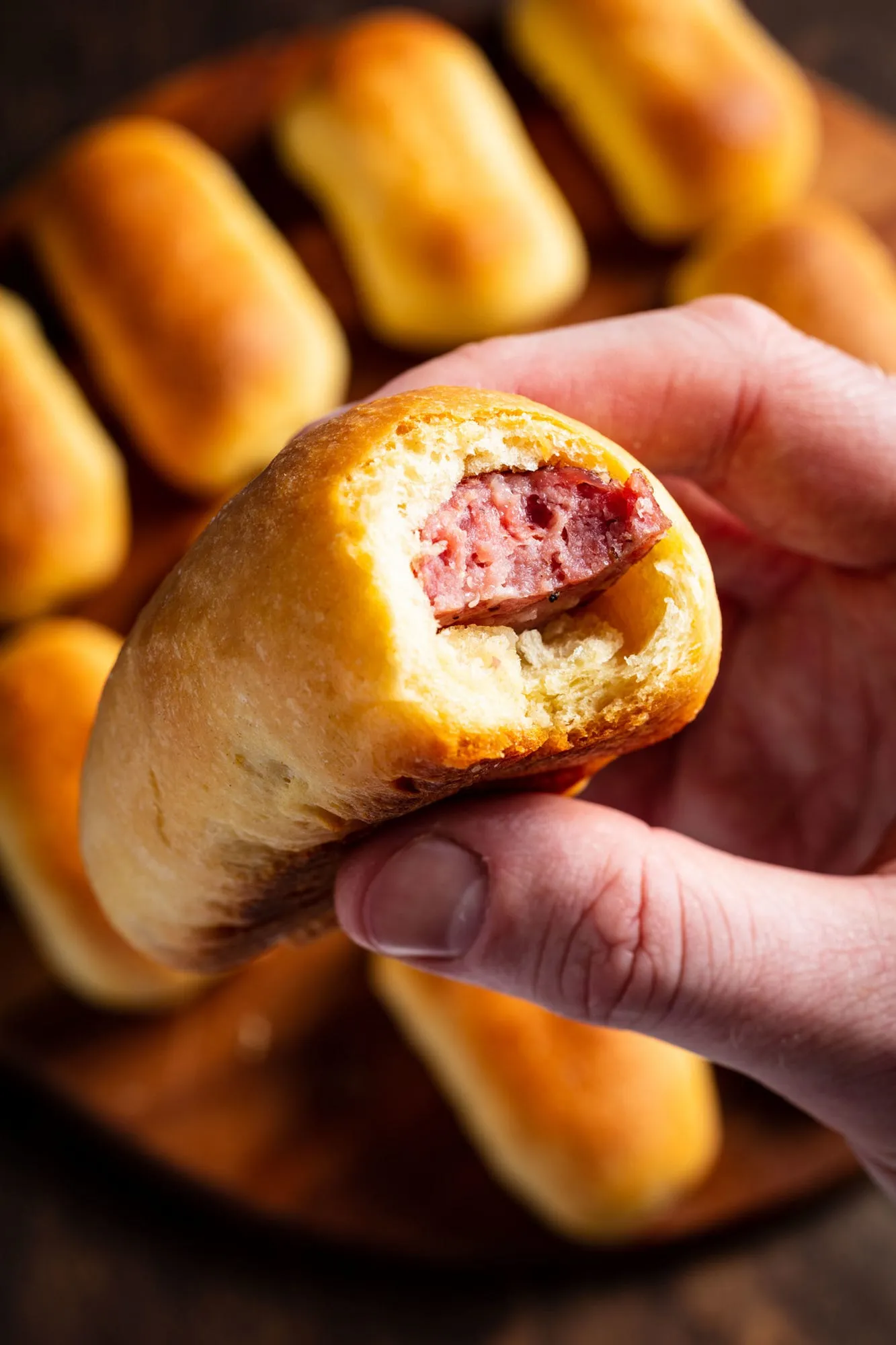Remembering Sarah Black
Baker & teacher
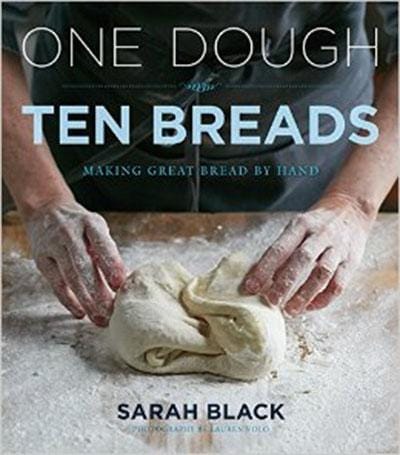
Table of Contents
I want to introduce you to the late Sarah Black, a beloved baker and teacher.
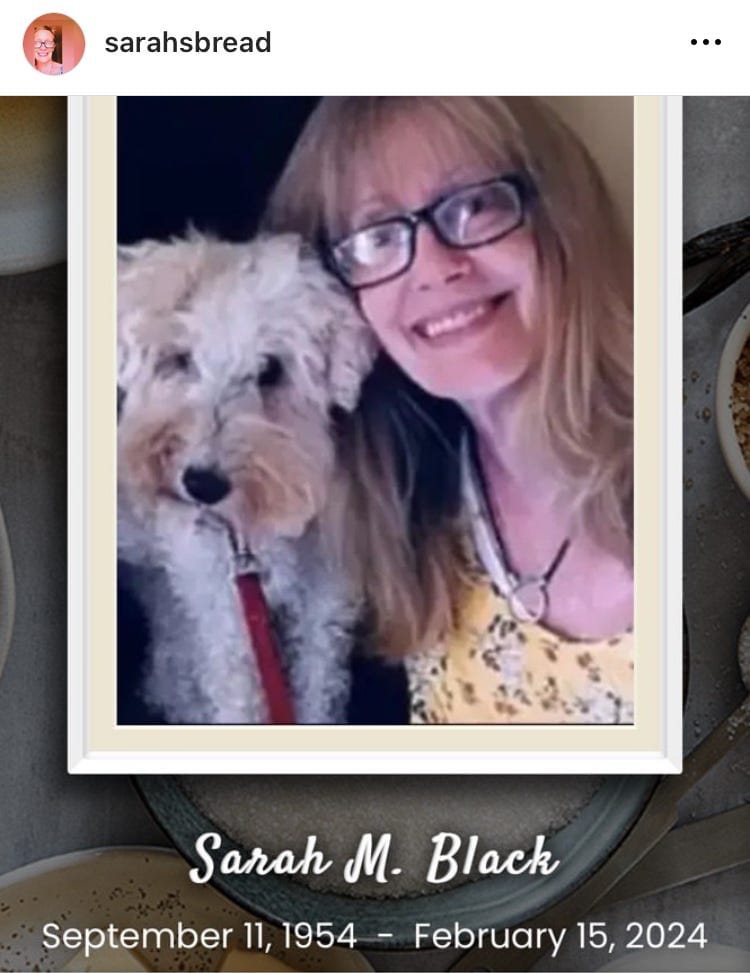
Sarah was one of the people who helped generate a new excitement for bread in America in the 1980s. The New York Times credited her with bringing ciabatta to New York City, and she coached Judd Hirsch to make sure he moved as a baker would in a play. His character said, “It takes a lifetime to be a baker!” These words rang true for Sarah, who gave baking her all in NYC, then as a consultant for big brands and grocery stores, and, especially in the last 20 years, as a teacher. One of the many places she taught was at Amy’s Bread in Manhattan, where she established their baking education program. Throughout her career, her bright, generous spirit shined. She loved her work and she loved people.
Sarah was born in Marion, Ohio. She studied art at Miami University, a public university near Cincinnati. After graduating, Sarah moved to Chicago, and then New York. Gradually, the vision she had of being an artist shifted to the art of food, and landed on the art of bread baking.
She started working with bread as Tom Cat Bakery began, and fell in love with the process. Baking bread echoed skills she’d developed as an artist, where observation and handwork are key. Stretching a piece of dough for the windowpane test was akin to holding a sheet of paper she’d made up to the light to study structure and strength. The artist’s foundational studies of composition, color and balance carried into her visually stunning loaves.
The importance of a baker learning through tactile feedback was central to her teaching. I observed this when we taught a class together at the Asheville Bread Festival, and you can see it in videos, too. The conviction was not sentimental or romantic. Rather, this was an acknowledgement of a person’s place in the process, and how hand work created an essential sensory link between the baker and the dough. Her book, One Dough, Ten Breads, begins with a beautiful testimonial on this tenet:
“As I've taught beginners and professionals alike, I've noticed their hesitation and awkward approach when the hands-on production of learning commences. Words of instruction can get in the way dash there's a gap between processing information and the actual touch. But once the hands are in the dough something interesting happens: intuition kicks in and new insights are gained. Getting started is really the only challenge, and adults would do well to learn from the child who lovingly, joyfully, and confidently jumps in.” – Sarah Black, One Dough, Ten Breads

The book develops skills from one recipe, helping the reader intimately understand what is happening in the dough before progressing to variations on simple white loaves. Next, baguettes, focaccia, and ciabatta give lessons on structure. Another six loaves range from German rye to sourdough, showing how to build flavor and texture. Then there are plenty of variations to play with what you’ve learned.
She closed with a brief essay about next steps in grains, a curiosity that defined at least the last decade of her work.
Sarah was part of a team of professional bakers testing grain varieties at Bread Alone Bakery; investigations & grant work that GROW NYC/Greenmarket Grains, OGRIN – the Organic Research & Information Sharing Network, Cornell University and other partners in the Northeast pursued. Sarah’s inquiry into grains continued when she moved back to Marion, Ohio in 2015, to be near her mother. She felt she was on the right path, integrating decades of baking and teaching experience into using non-conventional grains. She became a huge fan of Red Fife, Turkey Red, and spelt, and loved learning from farmers, millers and bakers to change the grain game in her area.
Teaching remained a big part of her work. When COVID altered her ability to teach in person, she switched to making baking kits that would familiarize people with the flours she was growing to love. The kits contained baking pans and ingredients, including locally grown and ground flours. Her boxes were stately, and the instructions clear, setting people up for success. She posted process images on her Instagram account for people to follow for guidance. Looking at them, I notice her hands are so prominent! She wanted her movements to stimulate yours.
Her NYC bakery was called Companio, a term that refers to sharing bread with others, and a title that shows how she valued the concept and practice of togetherness. Sarah had a tribe of peers who brought another kind of bread to the city, and beyond. She was a longtime friend of the Bread Bakers Guild of America, BBGA, and traveled to Europe with friends to learn about bread and have fun.
For years, she befriended and championed bakers near her and far, professionally and frequently, on an informal basis mentoring people in person and remotely. Bakers grow bread, but they grow people, too, and Sarah needed to transfer the passion and knowledge she’d gained. She was an incredible supporter of other bakers.
Inspired to acknowledge her fellow old-guard bakers Amy Scherber, Leslie Mackey of Macrina, and Sharon Burns-Leader from Bread Alone, she planned a daylong program in NYC—a class in baking and grains for students from Hot Bread Kitchen, capped by an evening event. The night was to salute the achievements of women in baking, and support young women entering the field. Among a gazillion plans, this is another the pandemic interrupted.
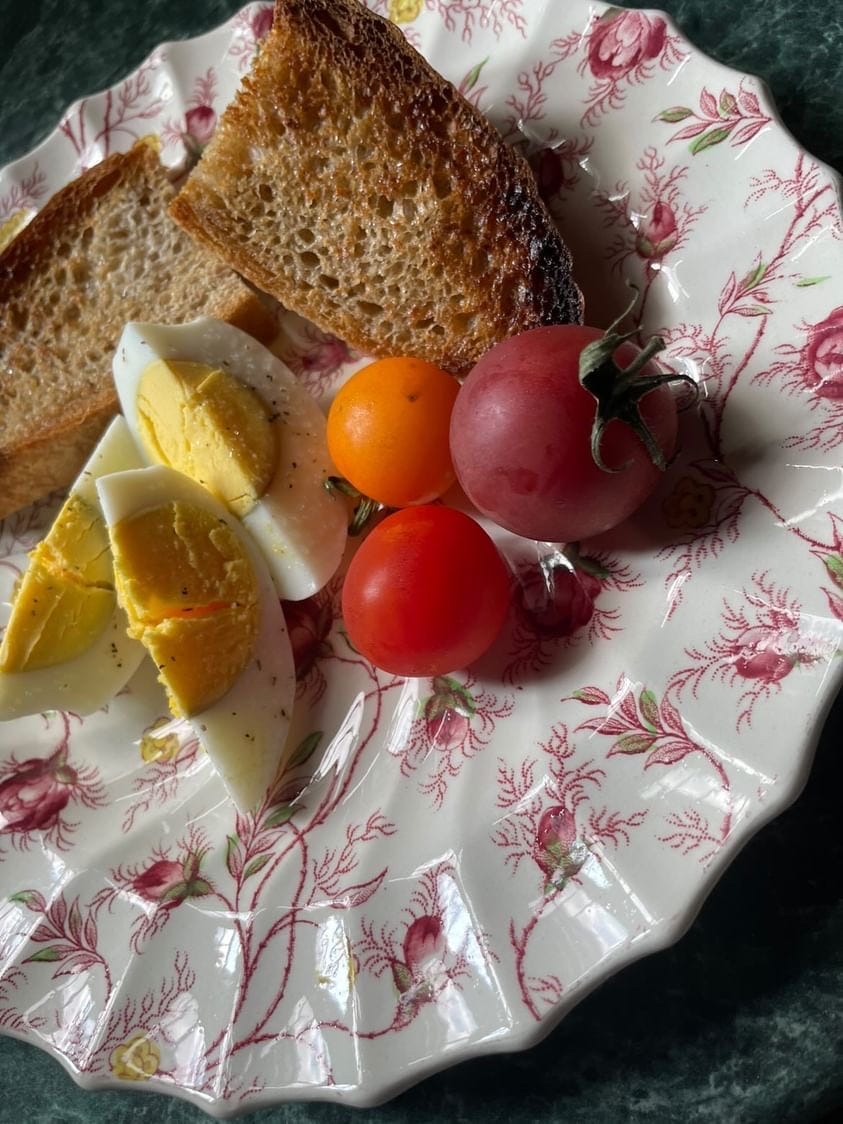
However, Sarah organized a wonderful event in Ohio last November, From Cover Crop to Table Top. She created a day long conversation about local grains, working with the BBGA and the Artisan Grain Collaborative, a Midwest grain group. She saw this as the capstone of her career, tying together all the pieces of her life.
In January, Sarah announced that she was entering hospice. I knew of health problems, but I was still surprised. I was so glad she shared it publicly. This move was all Sarah: a welcoming delivery of information. She wrote a few words about how useful hospice was, encouraging us to embrace the end of life with grace. She was gently teaching us, even at the end.
In her honor, I’d like to invite you to invite someone into your baking. Maybe you have a neighbor who wants to learn. Maybe you, like Sarah, and like our friend Ellie Markovitch, want to mentor someone remotely, take questions by phone, email, or DMs. Any gesture would be fitting.
More about Sarah:
- 2022 interview with Sarah Black on Rise Up! The Baker Podcast with Mark Dyck
- Sarah’s story about the bread that changed her life & her ciabatta recipe on Food52
- A video of Sarah making focaccia
- Radio! with Sarah
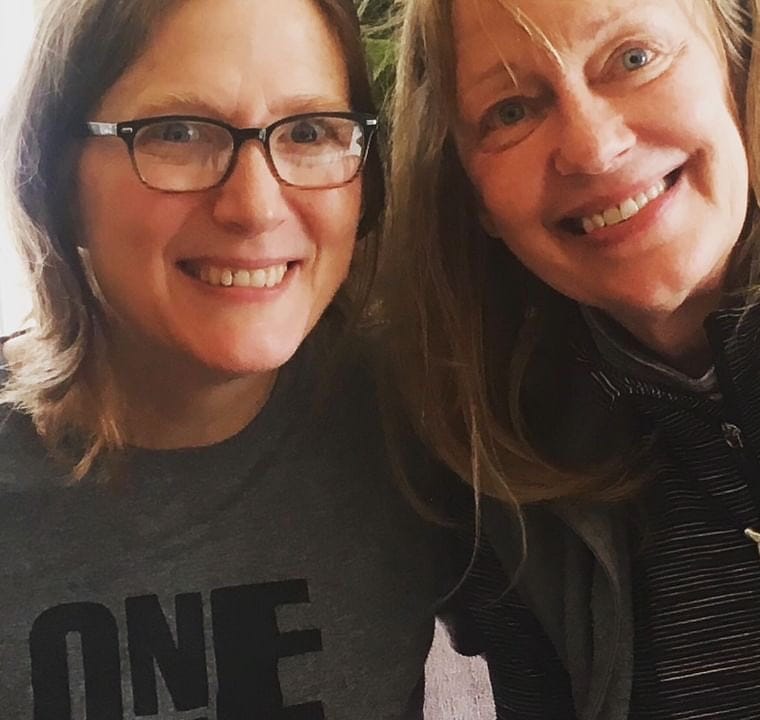
wordloaf Newsletter
Join the newsletter to receive the latest updates in your inbox.
